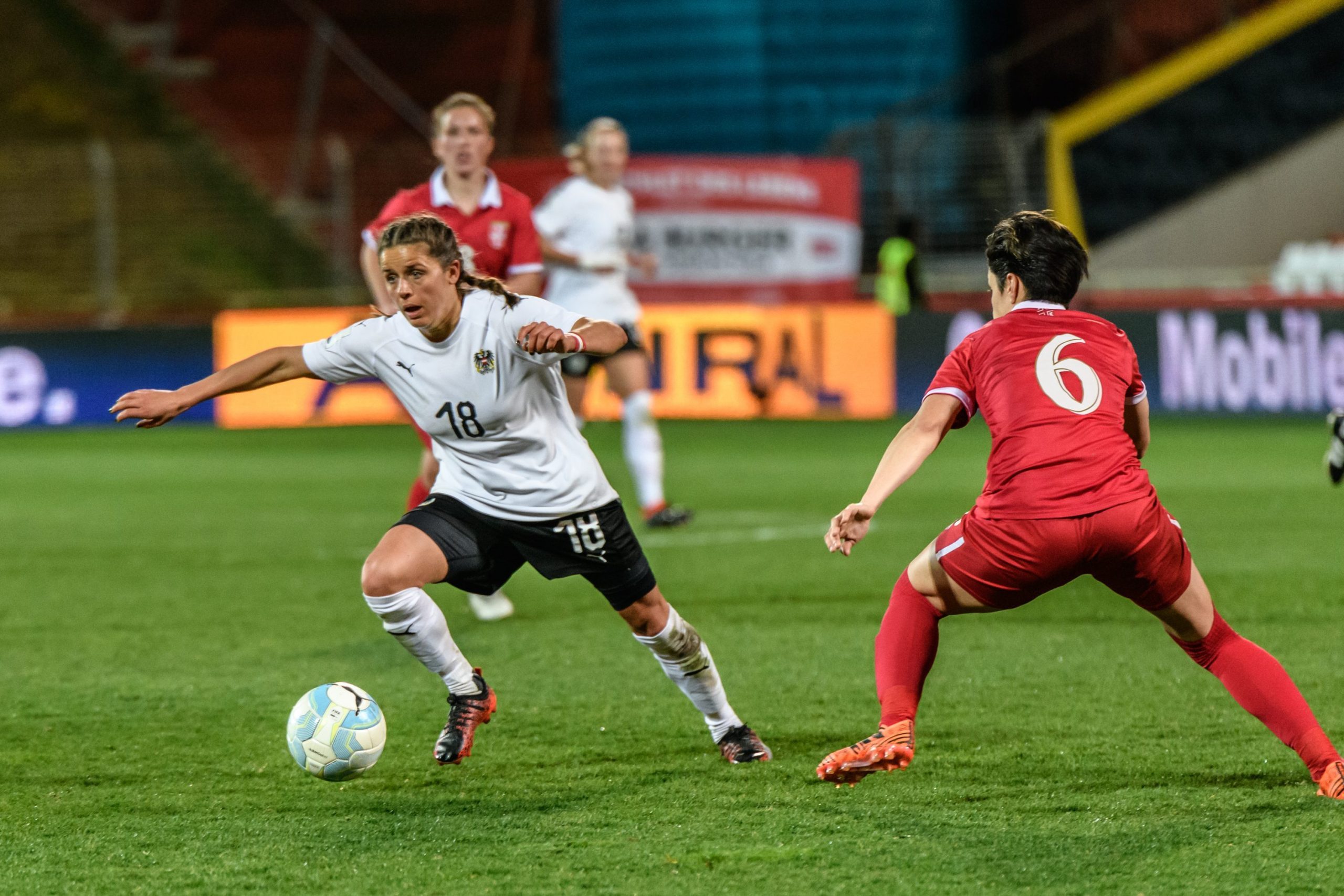Female footballers to receive a 14-week paid leave
FIFA is set to propose maternity leave for female players, the football governing body announced on Thursday, among other regulations designed to protect women’s rights.
The regulation proposes a 14 week maternity leave at a minimum of two thirds of the player’s contracted salary and a guarantee that “no female player should suffer a disadvantage as a result of becoming pregnant.”
The clubs must also pledge to reintegrated the players after their leave with adequate “medical and physical support,” FIFA said.
“Following the recent phenomenal growth and the unprecedented success of the FIFA Women’s World Cup in France last year, women’s football is now entering its next stage of development,” said FIFA President Gianni Infantino.
“It follows that we also have to adopt a regulatory framework that is appropriate and suitable to the needs of the women’s game,” he added.
Read more: FIFA Club World Cup will be ‘exceptional’, Qatar says
“We want to see more women being able to earn a living playing football whilst at the same time being able to have a family life and being mothers. It is important that we provide the necessary regulatory framework to protect those women,” said Sarai Bareman, FIFA’s Chief Women’s Football Officer.
The reforms have been put forward by FIFA’s Football Stakeholders Committee (FSC) and will go to FIFA’s Council next month for approval.
While most players in Europe are protected by their home countries, FIFA’s regulations will create “new global minimum standards” for places that do not have maternity leave for female football players, including Qatar.
Qatar’s national women’s football team was established in 2012 but while the sport is growing in the country, it is not without its challenges.
“I began playing football at school in 2003,” Sheikha Bourshid, a graduate of Qatar University told Fanack. “I also played with my university team and in regional tournaments before performing at national level. It’s not been an easy path to take because our society thinks that football is only reserved for men,” she added.
Despite this, Qatar is pushing forward a larger plan to present a more progressive image regarding women’s rights in general and women in sports in particular, especially with its Generation Amazing initiative ahead of the 2022 World Cup tournament.







